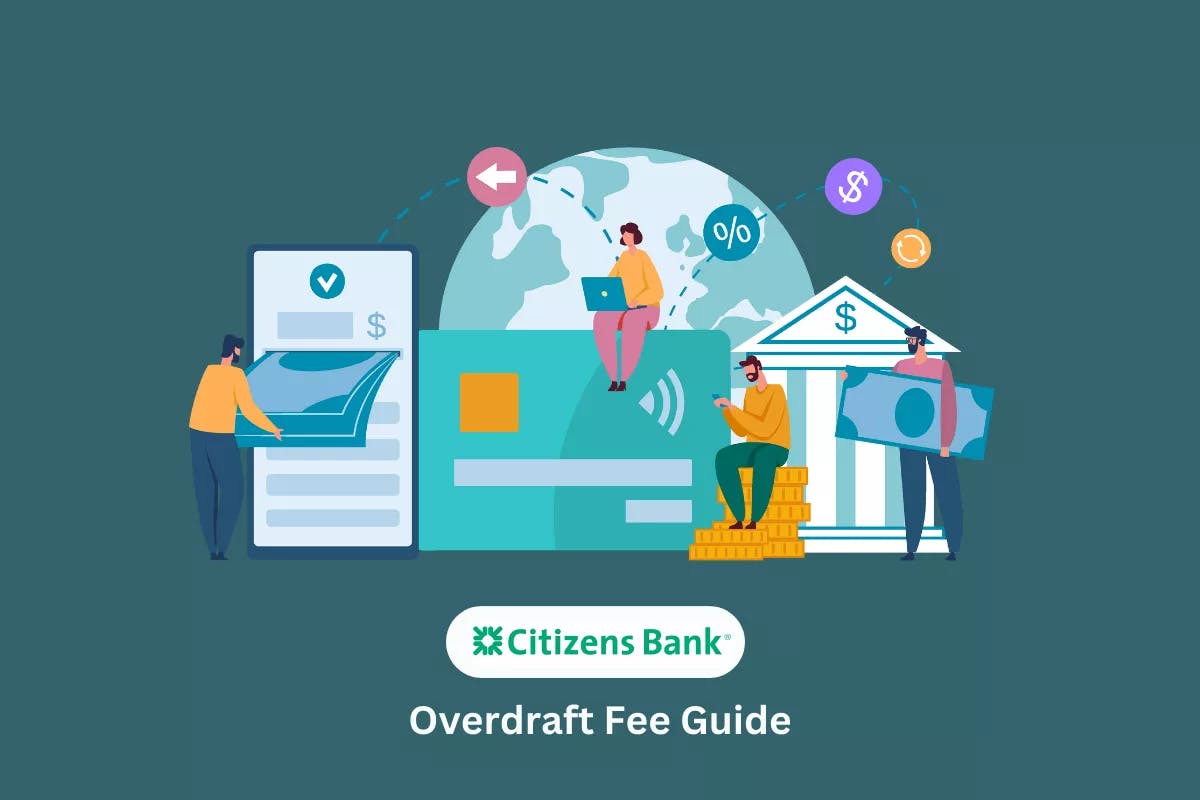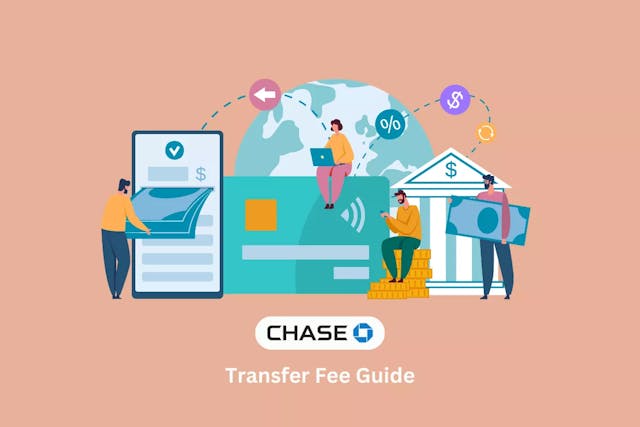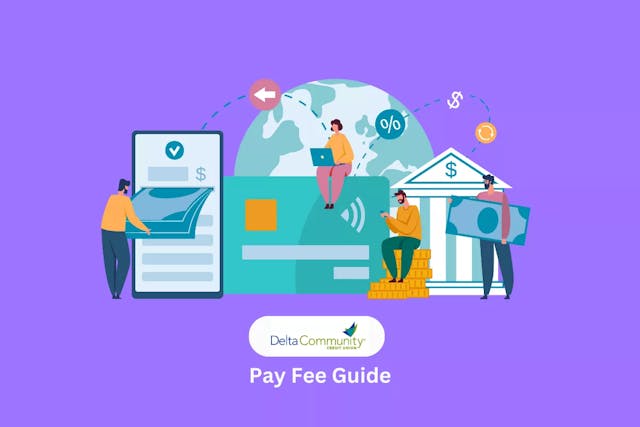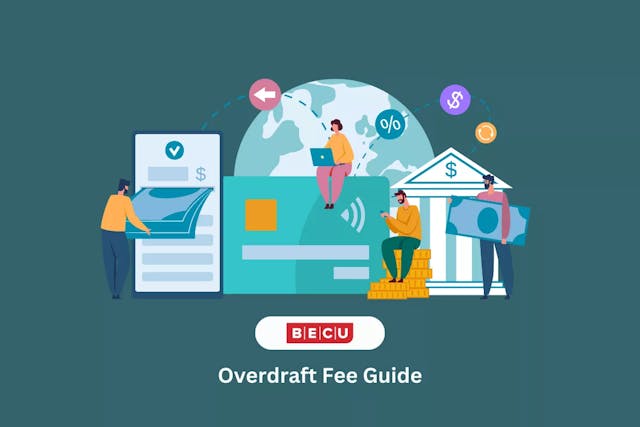What Is an Overdraft Fee?
Citizens Bank will issue you an overdraft fee when you don’t have enough money in your account to complete a transaction but the bank pays for the transaction anyway. This will cause your account to have a negative balance, and you will incur a fee on top of it.
Transactions that can trigger an overdraft item fee include:
- Checks or other transactions made using your checking account number
- Recurring debit card transactions (e.g. gym memberships, streaming service subscriptions)
- ACH transactions
- Online or automatic bill payments (e.g. auto-pay utility bills, credit card payments)
Citizens Bank can cover other types of overdraft transactions, but you first have to opt into Debit Card Overdraft Coverage. In addition to the transactions covered by the overdraft fee, other types of transactions covered by the service include:
- Everyday, non-recurring debit card transactions (e.g. gas, groceries)
- ATM transactions
Citizens Bank is not obligated to cover any transactions that overdraft your account, regardless of transaction type or overdraft protection status. The decision is ultimately at the bank’s discretion.
How Much Does an Overdraft Fee Cost at Citizens Bank?
Citizens Bank charges $37 per overdraft fee.
You will not be charged an overdraft fee on any purchase of $5 or less if you are enrolled in Debit Card Overdraft Coverage. If you make a $4 purchase and your overdrawn account continues to fall to -$15, you will not incur an overdraft fee on the purchase. If you make a $6 purchase and your account falls to -$2, you will incur an overdraft fee on the purchase.
Related Fees
If you overdraft your account, a number of scenarios could occur.
- Overdraft fee
- Non-sufficient funds fee
- Overdraft protection transfer fee
Overdraft fee
Overdraft fees most often occur when you are not opted into overdraft protection and the bank allows you to overdraft your account on checks, ACH transactions, automatic bill payments, or other types of non-ATM and non-everyday debit transactions.
Non-sufficient funds fee
A non-sufficient funds (NSF) fee — or returned item fee — occurs when you make a purchase but there are not enough funds in your account to cover the transaction. Instead of covering for you, the bank will decline the transaction, or return the item unpaid. Citizens Bank charges $37 for each transaction that causes you to overdraft your account by more than $5, even if it returns the item unpaid.
The bank will not charge you an NSF fee for ATM or debit card transactions unless you are opted into its Debit Card Overdraft Coverage, but can charge you a fee for all other types of transactions.
Overdraft protection transfer fee
Overdraft protection transfer fees most often occur when you are opted into overdraft protection and the bank allows you to overdraw your account when you do not have sufficient funds in your account to cover the transaction. Rather than a $37 overdraft fee, Citizens Bank will charge a $12 overdraft protection transfer fee if you are opted into the program.
To enable overdraft protection, you must link a qualified account so that the bank can transfer funds from one account to another in the event of an overdraft. Qualified accounts at Citizens Bank include:
- Savings account
- Line of credit
Special Considerations
Citizens Bank limits the number of overdraft fees — including both overdraft item fees and NSF fees — to seven on a single day, up to $259.
Some accounts, including student checking, Quest checking, and Wealth checking accounts, automatically receive fee waivers for overdraft protection transfer fees.
Overdraft protection helps if you’d like peace of mind knowing that you can overdraw your account and money will automatically be transferred to cover the transaction; however, the service can actually do more harm than good. It’s important for you to decide whether overdraft protection makes sense for your lifestyle and financial situation.
When in doubt, remember that you can opt into or out of overdraft protection at any time.
Learn more about what you should know before opting into overdraft protection.
How to Avoid an Overdraft Fee
Overdraft fees are one of the most common charges detected on Cushion customers’ accounts, but there are small actions that you can take to avoid them:
- Keep an eye on your account balance and charges.
- Sign up for low-balance notifications.
- Carefully consider whether you should opt into overdraft protection.
Learn more about how to avoid an overdraft fee.
How to Get an Overdraft Fee Refund
If you end up getting hit with an overdraft fee, it’s time to consider your options. There are ways to reclaim that money as long as you’re willing to do a little work on your end.
Here are a few things that you can do to maximize your chances of getting a refund when it’s time to negotiate bank fees with your financial institution.
Prepare properly
Have ready your name, address, bank account number, and the fees that you’d like to negotiate.
Introduce yourself
“Hello. My name is , and I recently received an overdraft fee. I’m contacting you to see if you would be willing to issue me a refund.”
Get your points of leverage ready
Have you been financially affected by COVID-19? Do you not overdraw your account very often? Are you a loyal customer who has banked with Citizens Bank for an extended period of time? Do you have multiple accounts with the bank? Do you make regular deposits?
Be persistent, patient, and prepared not to get a refund every time
You might hear “no” at first, and that’s okay. You’ve prepared your points of leverage for instances like this so that you can try to convince the bank agent to see things your way. Just remember to be kind and polite throughout the process. The bank agent likely didn’t write the rules on refunds.
Finally, you have to be willing to lose some negotiations. If you do, try not to get discouraged. There may be other instances where you’ll need to negotiate, so take notes on what worked, what didn’t work, and what you can do to avoid overdraft fees in the future.



